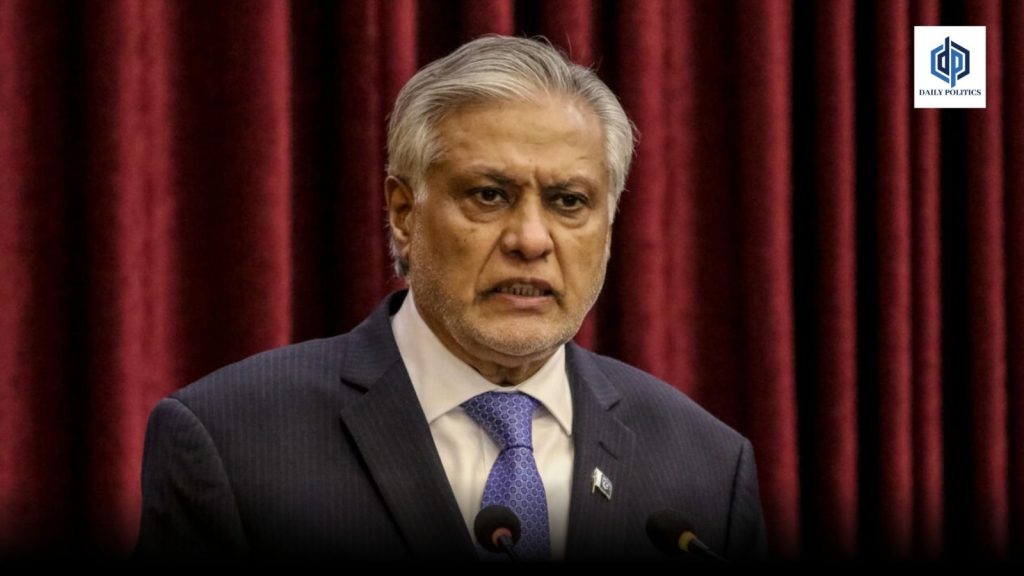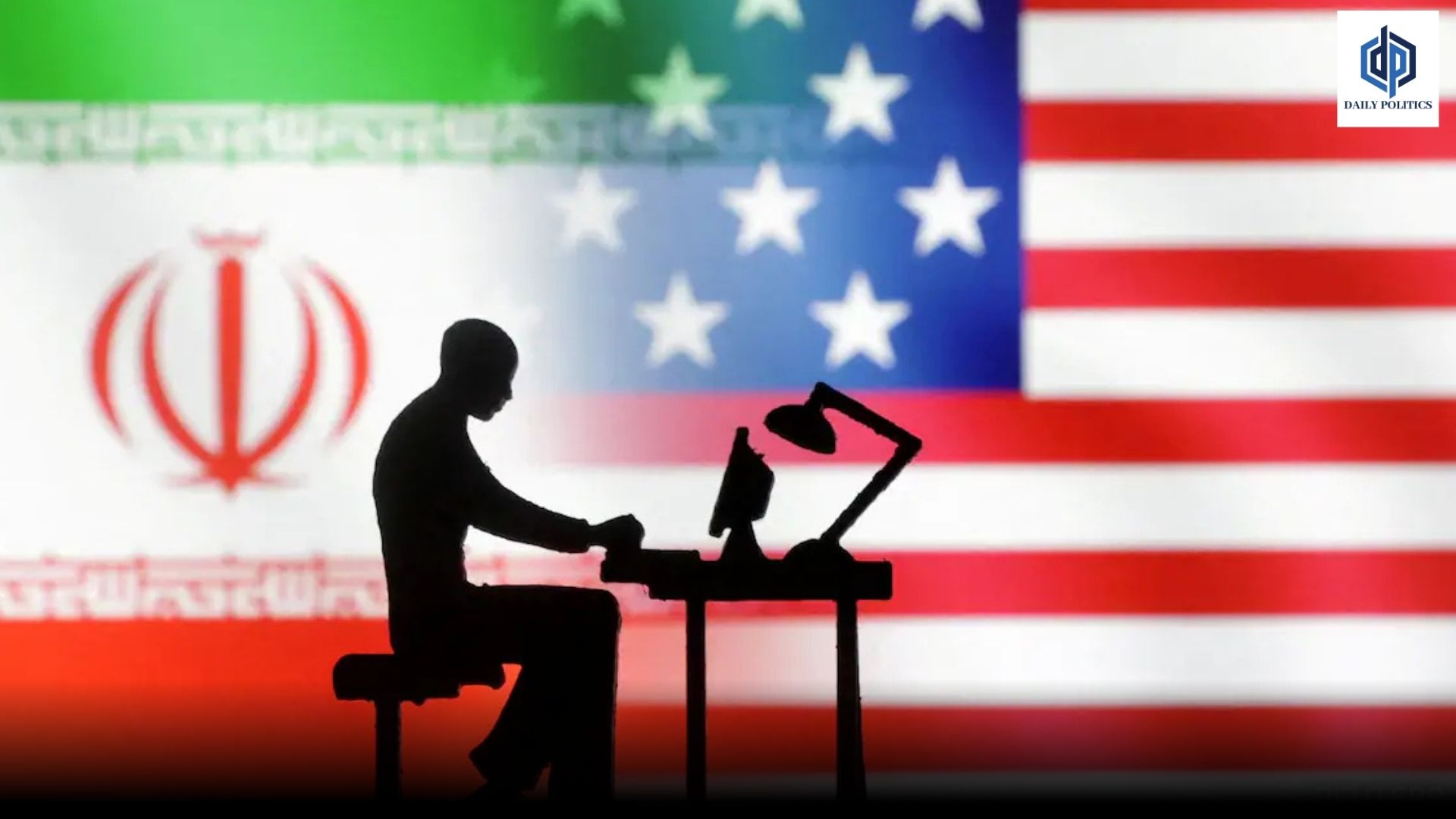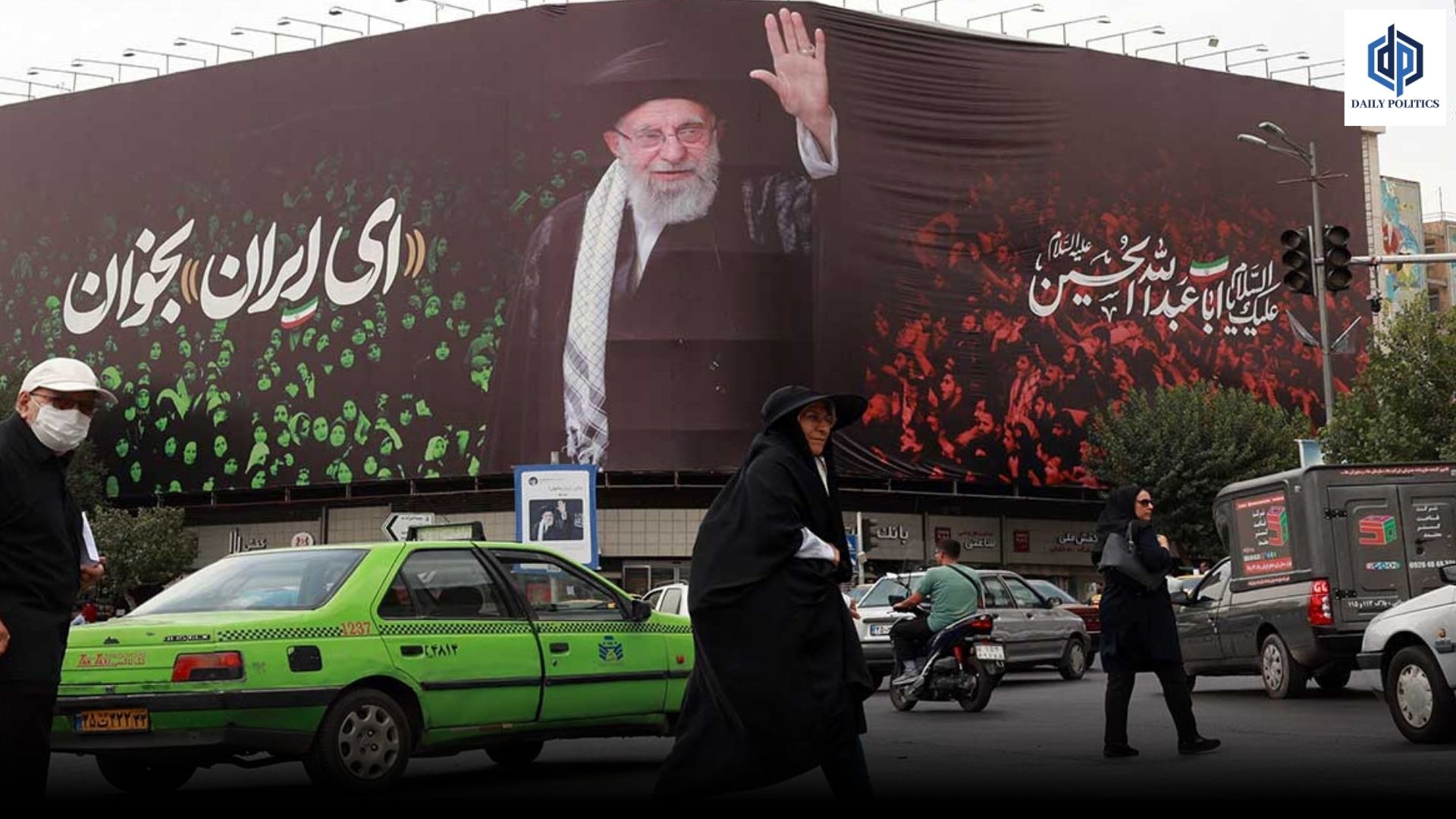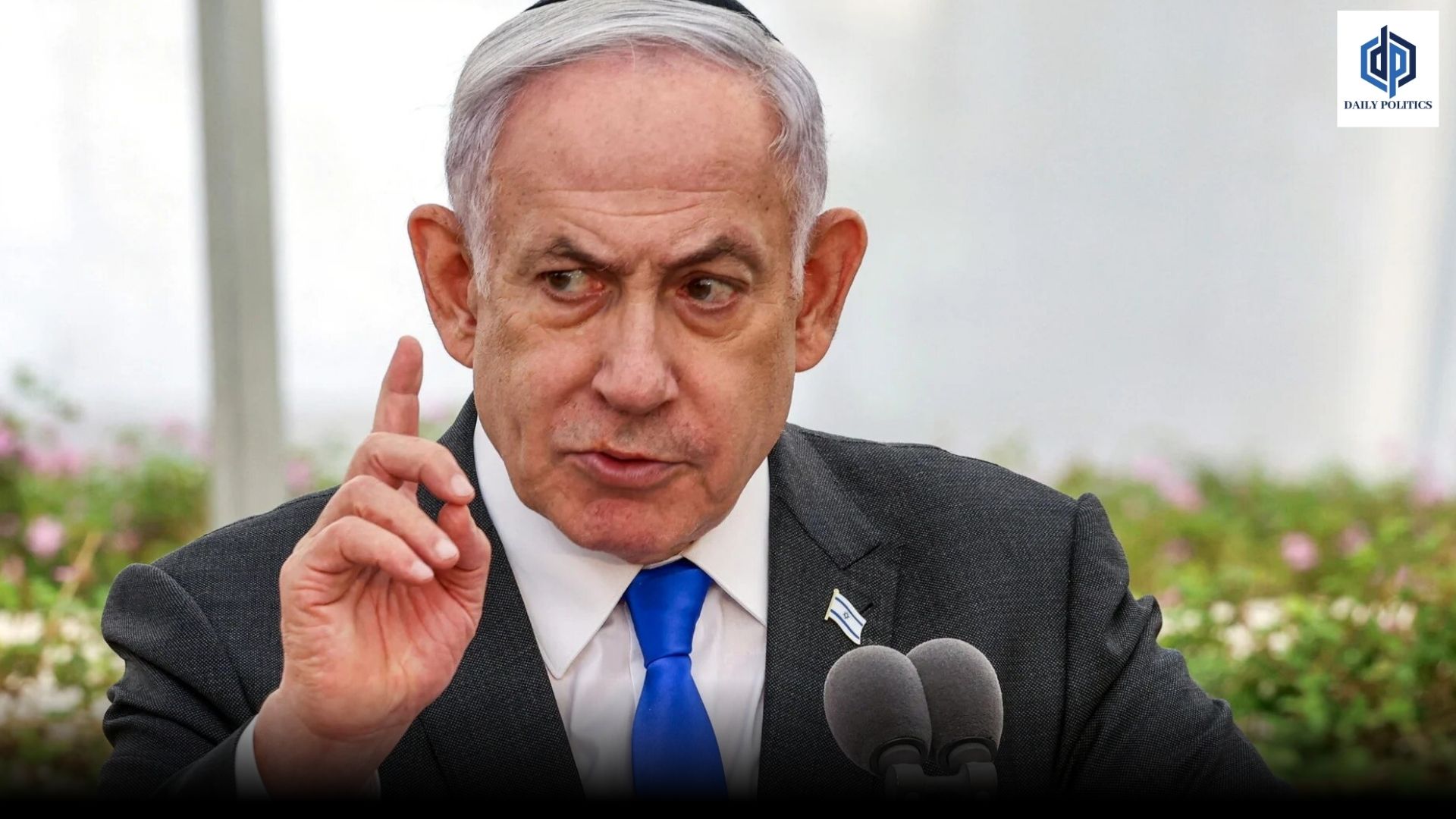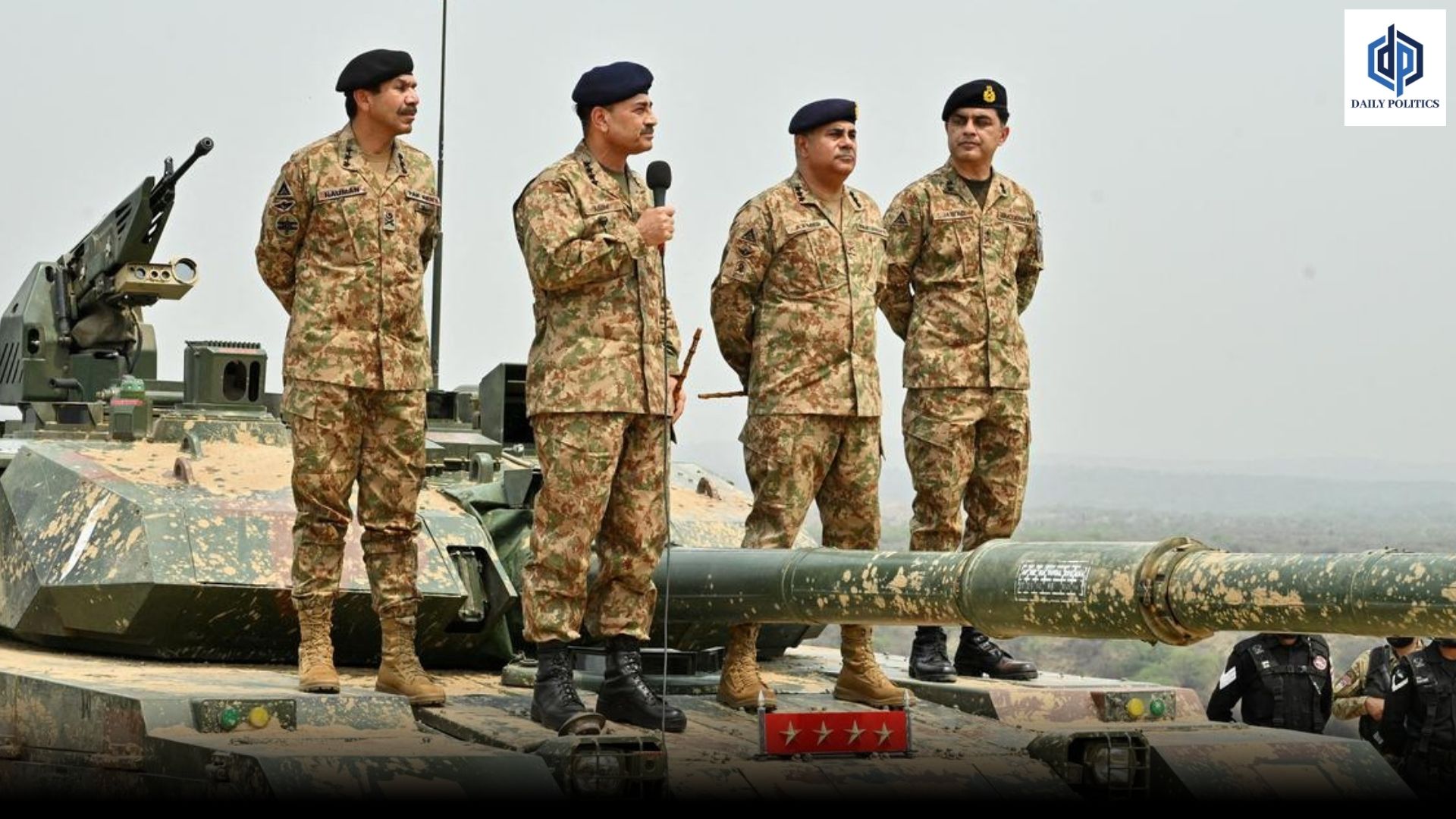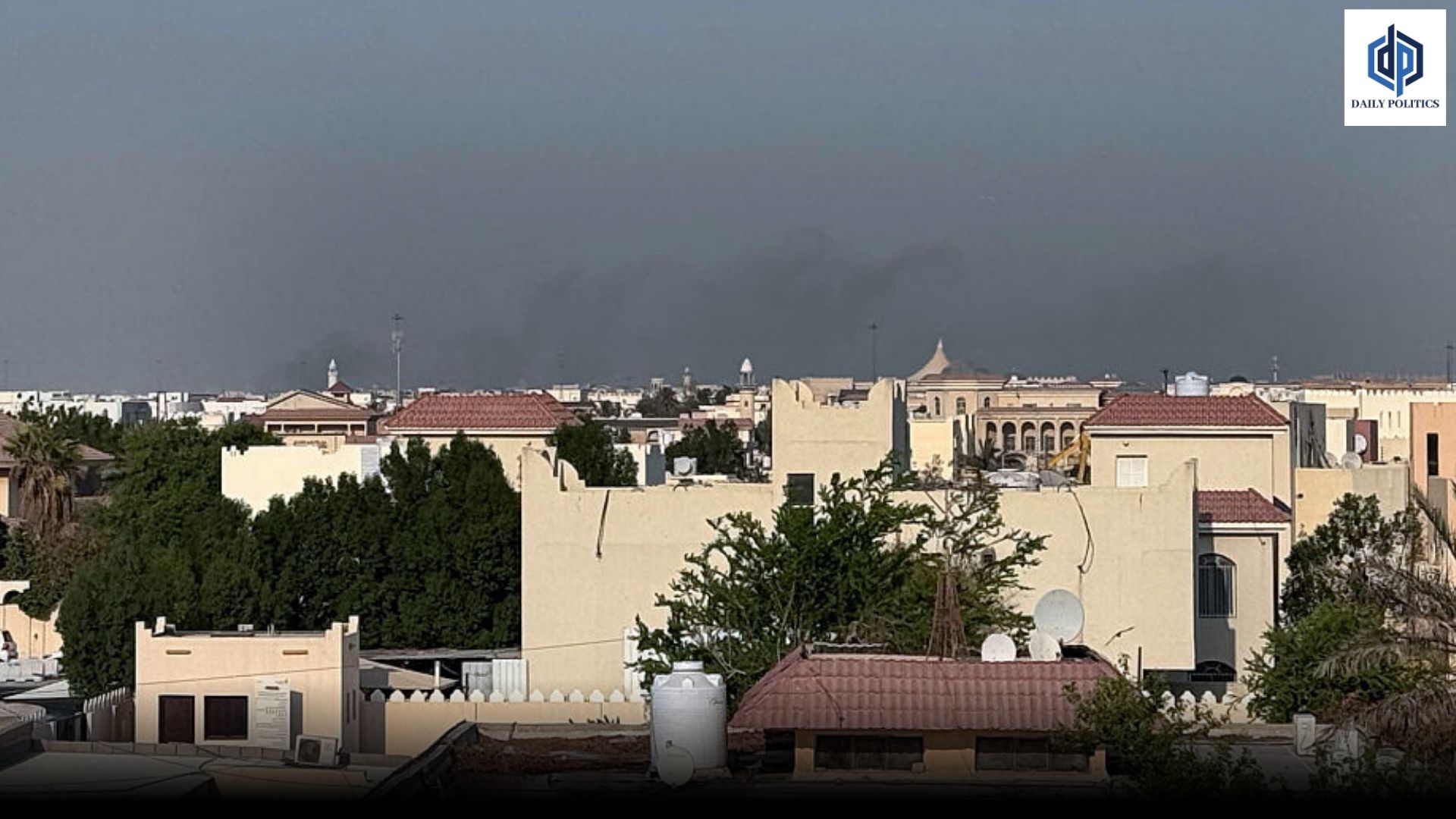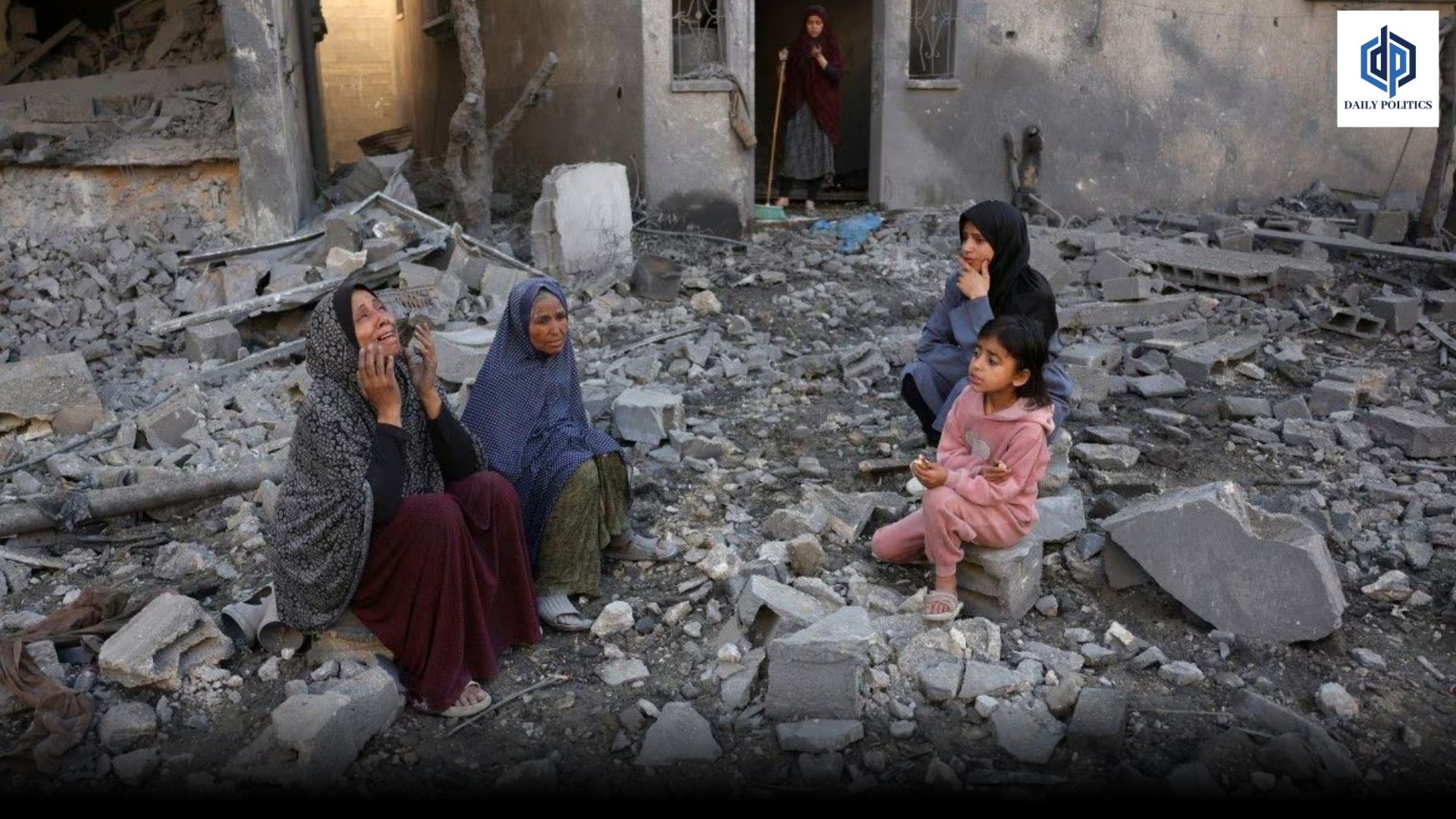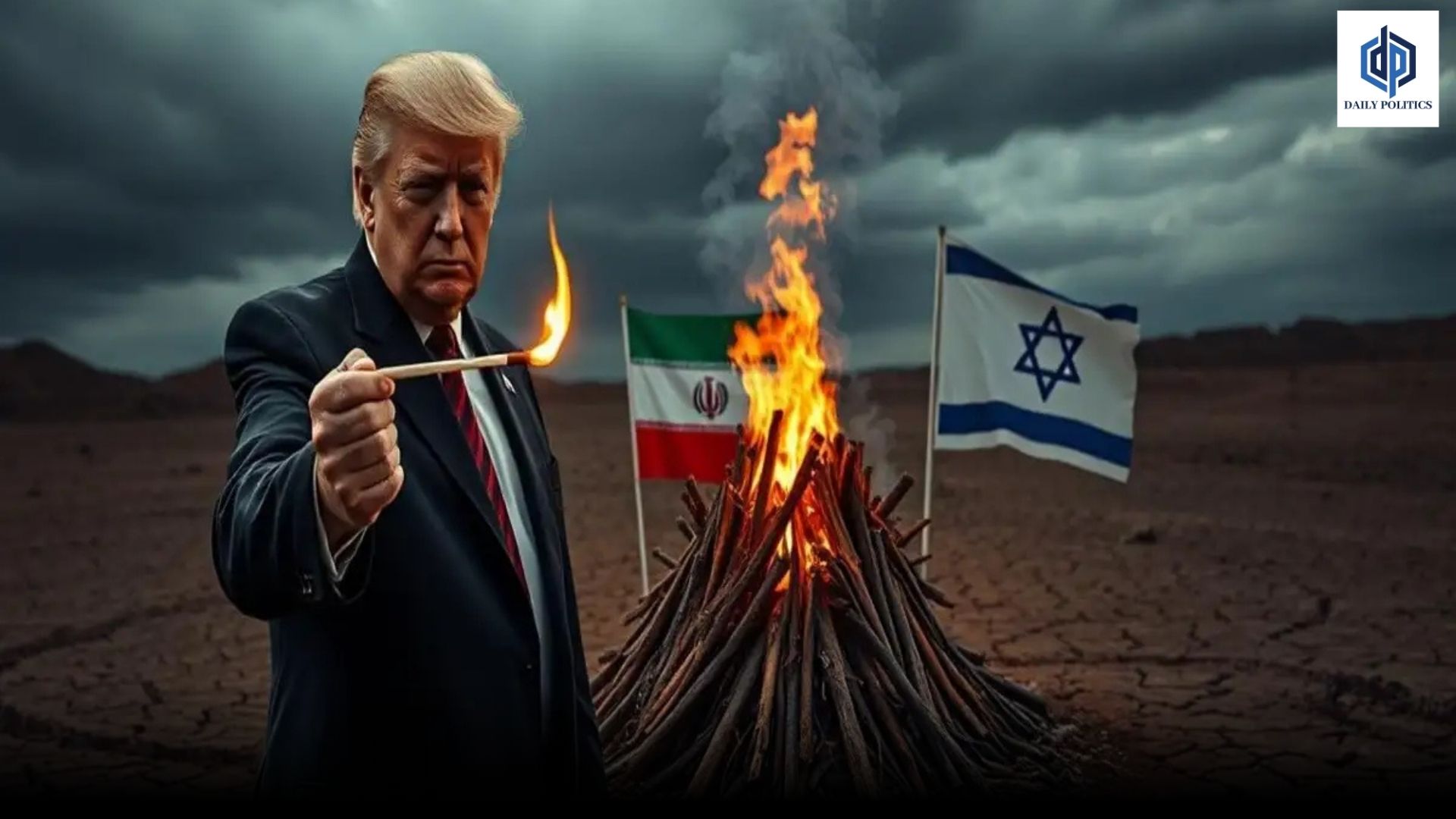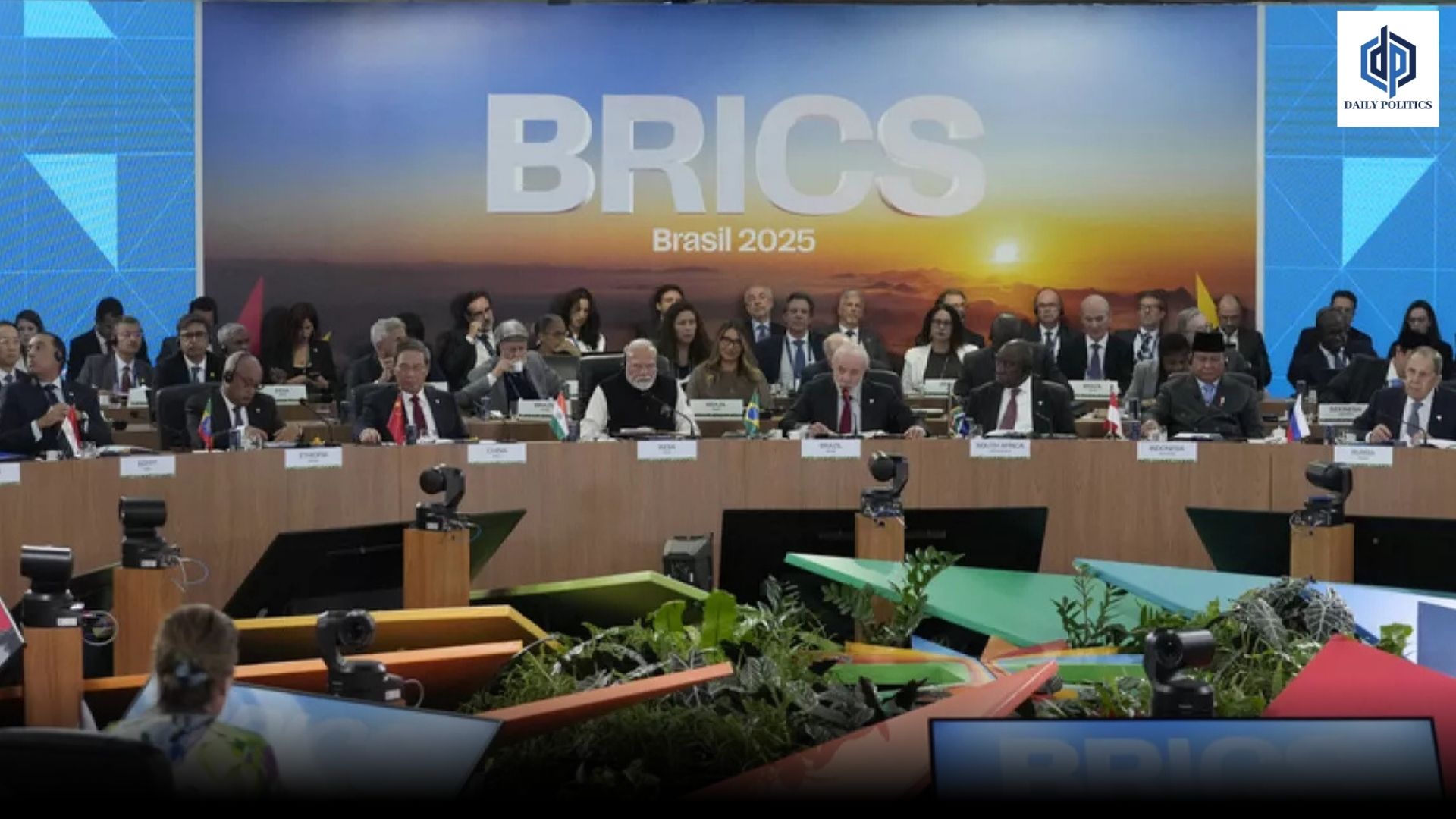Pakistan’s foreign minister is set to embark on a three-day official visit to China, as announced by his office on Sunday. This visit comes just over a week after Islamabad and India reached a ceasefire, effectively halting their most significant conflict in decades.
Ishaq Dar, currently deputy prime minister, will visit Beijing on Monday. According to a statement from his office, he will engage in “in-depth discussions” with his Chinese counterpart, Wang Yi, on the evolving regional situation in South Asia and its implications for peace and stability.
“The two parties are set to examine the full range of Pakistan-China bilateral relations and will share perspectives on regional and global developments that are of mutual interest,” the statement indicated.
Dar’s trip to Beijing follows a period of significant upheaval, marked by an April attack in Indian-administered Kashmir that resulted in the deaths of 26 individuals.
New Delhi has accused Islamabad of supporting the militants it alleges were responsible for the attack, which marks the deadliest incident involving civilians in the Muslim-majority region of Kashmir in decades. Pakistan has categorically denied the charge.
The region is entirely claimed by both India and Pakistan, which have engaged in multiple conflicts over Kashmir since gaining independence from British rule in 1947.
On May 7, India initiated strikes targeting what it identified as “terrorist camps” in Pakistan, marking the beginning of four days characterised by intense reciprocal exchanges involving drones, missiles, and artillery with Islamabad.
The ongoing conflict has resulted in the deaths of over 70 individuals, with casualties reported on both sides, including a significant number of civilians.
Global leaders called for restraint from both parties at the onset of the conflict to prevent further escalation. This included a commitment from China to assume a “constructive role,” despite expert analysis suggesting that Beijing had unmistakably aligned itself with one side.
China has consistently emerged as one of Pakistan’s most dependable foreign allies, frequently extending financial support to rescue its often beleaguered neighbour.
On May 7, following aerial combat between the two nations, Dar informed parliament that Islamabad had deployed Chinese jets against India. He also revealed that Beijing’s ambassador was summoned to his office regarding this military action.
“At 4 am, the entire Chinese delegation, headed by their ambassador, was in attendance at the foreign office,” Dar informed the parliament.
“We informed them of all the developments that had occurred up to that point, and they expressed their satisfaction,” he stated.
On May 10, US President Donald Trump declared an unexpected truce, which has been maintaining its stability for more than a week.
Islamabad announced earlier this week that the ceasefire would remain in effect until Sunday; however, the Indian army countered this statement, asserting that the agreement has no specified expiry date.

